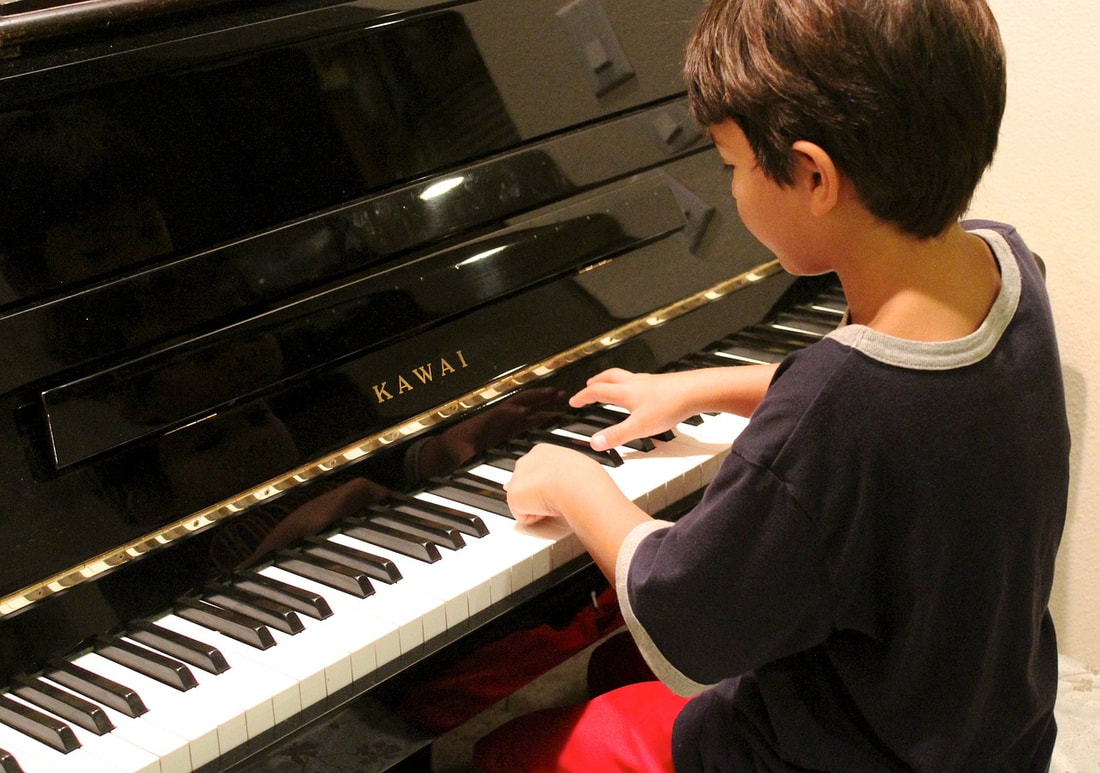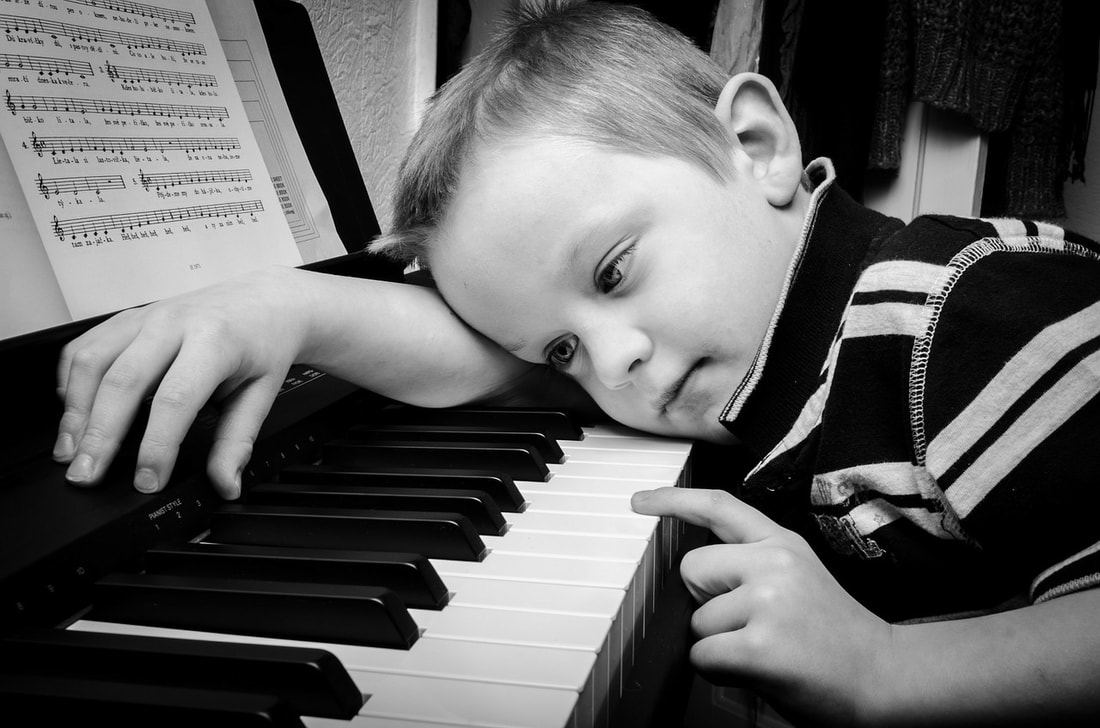|
When parents encourage their children to take music lessons from a young age, the piano is one of the most popular instrument choices. There is no definitive age at which experts suggest children begin music lessons; young musicians only need to be large enough to reach the keys and have enough hand dexterity to manipulate them. If you are a parent who is thinking about introducing your young child to music through piano lessons for the first time, there are certain things you will need to do in order to prepare your child and your home for the experience before the first class. Listed below are six things to do before your child attends his or her first piano lesson. 1. Invest in a piano for your home.The first step that you can take to benefit your future music student is to purchase a piano for him or her to use. Ideally, this should be done months or years ahead of time so that your child can grow up around the instrument and develop a familiarity with it prior to learning to play. At the very least, make sure to invest in a piano right before he or she begins lessons. While there are ways to obtain free access to a piano outside of the home, nothing will be as accessible or as beneficial to your child’s learning experience as having a piano to practice on in his or her immediate environment. While a new piano can be a significant investment, there are many websites where you can find gently-used pianos for affordable prices. Once you’ve found a piano that suits your budget, make sure to get it tuned by a professional so that the notes your child plays as he or she learns are in key. 2. Create the ideal practice space around the piano.Where you place the piano in your home will affect how your young music student feels about the act of practicing. Professionals in music education suggest situating your piano in an area of the home that is neither too isolated nor too close to distractions like a television or computer. The area should be warm and welcoming with adequate lighting. It must also include all the equipment that your child will need for practice sessions, including music sheets, pencils, and a comfortable piano bench. The more positive the physical practice area is, the more likely your child will feel enthusiastic about practicing when the time comes. 3. Listen to music together.Spending quality time listening to music with your child can help him or her to develop a positive relationship with it as they grow up. While they listen, try to introduce them to basic musical concepts like rhythm by having them clap along to the beat of a song with you. It can also be helpful to look up exciting videos of piano performances on YouTube, such as those made by the Piano Guys, to give your child a visual of what it’s like to play the instrument. Having this kind of familiarity may help children feel more comfortable with the instrument when they begin their first lessons. 4. Help your child learn the ABCs. If your child understands the alphabet by the time that he or she takes up piano lessons, that ability will help them to identify and understand the names of notes. The musical alphabet spans notes with names from A to G, and a child who can remember the order and recognize letters when written on a music sheet will be in a better position to learn. It can also be helpful to teach your child how to distinguish between his or her right and left sides as way to improve his or her ability to interact with a piano’s keyboard. Helping your child become aware that he or she can mirror the action of one hand on a side of their body with the other will facilitate the development of better spatial awareness. Additionally, it will help him or her better understand directions given during lessons. 5. Have a discussion about lessons and expectations.While your child may be excited about the prospect of learning to play the piano, it’s important that you as the parent communicate your expectations for him or her at the outset. Make sure that your child knows that learning an instrument will be a fun experience, but that it requires practice and dedication. Talk to your child about the importance of daily practice, and make a verbal agreement on how often, when, and for what minimum amount of time your child will dedicate him- or herself to the practice of the piano each day. 6. Have a meet-and-greet with the instructor.When choosing a music instructor for your child, try to schedule a meeting with prospective teachers before you make a decision. Once you find the right instructor, make sure to discuss the goals that you would like your child to accomplish through lessons and get feedback on the best ways that you can foster your child’s musical development at home.
Comments are closed.
|
Photo used under Creative Commons from Marina K Caprara


 RSS Feed
RSS Feed
